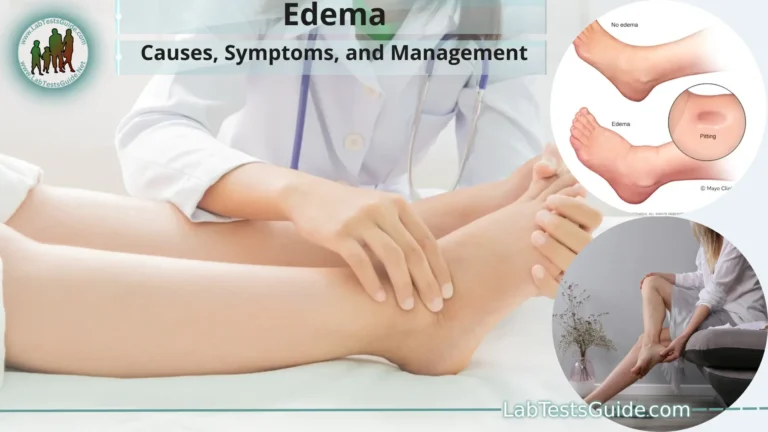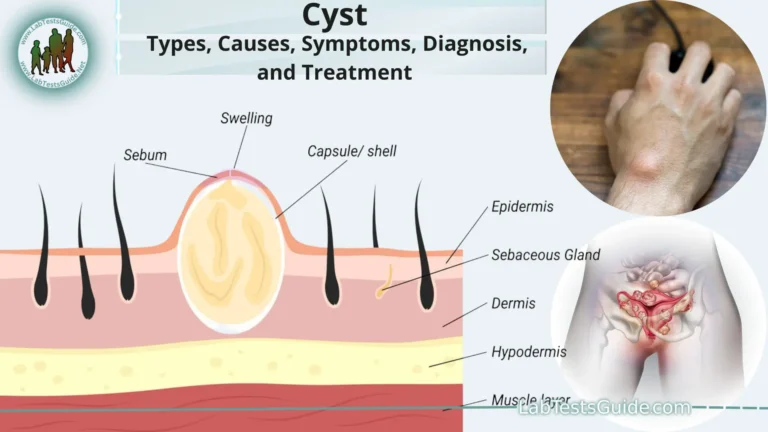A urinary tract infection (UTI) is an infection in any part of your urinary system — your kidneys, ureters, bladder and urethra. Most infections involve the lower urinary tract — the bladder and the urethra.

A urinary tract infection (UTI) is an infection from microbes. These are organisms that are too small to be seen without a microscope. Most UTIs are caused by bacteria, but some are caused by fungi and in rare cases by viruses. UTIs are among the most common infections in humans.
Types of UTIs
An infection can happen in different parts of your urinary tract. Each type has a different name, based on where it is.
- Cystitis (bladder): You might feel like you need to pee a lot, or it might hurt when you pee. You might also have lower belly pain and cloudy or bloody urine.
- Pyelonephritis (kidneys): This can cause fever, chills, nausea, vomiting, and pain in your upper back or side.
- Urethritis (urethra): This can cause a discharge and burning when you pee.
Signs and Symptoms
Symptoms of a UTI depend on what part of the urinary tract is infected.
Lower tract UTIs affect the urethra and bladder. Symptoms of a lower tract UTI include:
- burning with urination
- increased frequency of urination without passing much urine
- increased urgency of urination
- bloody urine
- cloudy urine
- urine that looks like cola or tea
- urine that has a strong odor
- pelvic pain in women
- rectal pain in men
Upper tract UTIs affect the kidneys. These can be potentially life threatening if bacteria move from the infected kidney into the blood. This condition, called urosepsis, can cause dangerously low blood pressure, shock, and death.
Symptoms of an upper tract UTI include:
- pain and tenderness in the upper back and sides
- chills
- fever
- nausea
- vomiting
UTI symptoms in men
Symptoms of an upper tract urinary infection in men are similar to those in women. Symptoms of a lower tract urinary infection in men sometimes includes rectal pain in addition to the common symptoms shared by both men and women.
UTI symptoms in women
Women with a lower tract urinary infection may experience pelvic pain. This is in addition to the other common symptoms. Symptoms of upper tract infections among both men and women are similar.
Causes and risk factors of a UTI
Anything that reduces your bladder emptying or irritates the urinary tract can lead to UTIs. There are also many factors that can put you at an increased risk of a getting a UTI. These factors include:
- age — older adults are more likely to get UTIs
- reduced mobility after surgery or prolonged bed rest
- kidney stones
- a previous UTI
- urinary tract obstructions or blockages, such as an enlarged prostate, kidney stones, and certain forms of cancer
- prolonged use of urinary catheters, which may make it easier for bacteria to get into your bladder
- diabetes, especially if poorly controlled, which may make it more likely for you to get a UTI
- pregnancy
- abnormally developed urinary structures from birth
- a weakened immune system
UTI prevention
Everyone can take the following steps to help prevent UTIs:
- Drink six to eight glasses of water daily.
- Don’t hold urine for long periods of time.
- Talk to your doctor about managing any urinary incontinence or difficulties fully emptying your bladder.
UTI Tests and Diagnosis
If you suspect that you have a urinary tract infection, go to the doctor. You’ll give a urine sample to test for UTI-causing bacteria.
If you get frequent UTIs and your doctor suspects a problem in your urinary tract, they might take a closer look with an ultrasound, a CT scan, or an MRI scan. They might also use a long, flexible tube called a cystoscope to look inside your urethra and bladder.
UTI treatment
Treatment of UTIs depends on the cause. Your doctor will be able to determine which organism is causing the infection from the test results used to confirm the diagnosis.
In most cases, the cause is bacteria. UTIs caused by bacteria are treated with antibiotics.
In some cases, viruses or fungi are the causes. Viral UTIs are treated with medications called antivirals. Often, the antiviral cidofovir is the choice to treat viral UTIs. Fungal UTIs are treated with medications called antifungals.
UTIs during pregnancy
Women who are pregnant and have symptoms of a UTI should see their doctor right away. UTIs during pregnancy can cause high blood pressure and premature delivery. UTIs during pregnancy are also more likely to spread to the kidneys.
Possible References Used






2 Comments